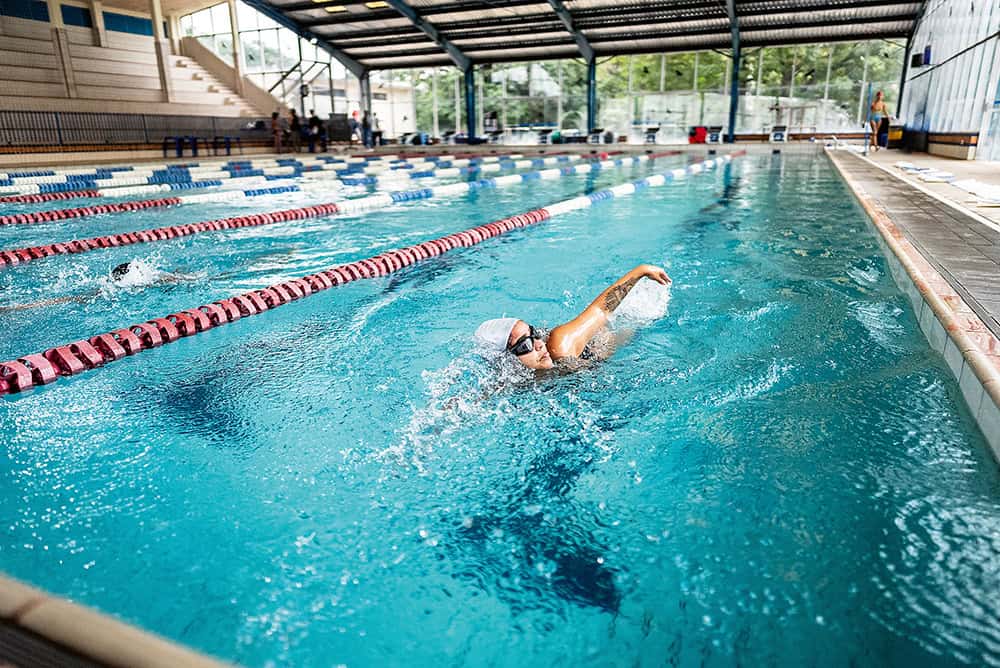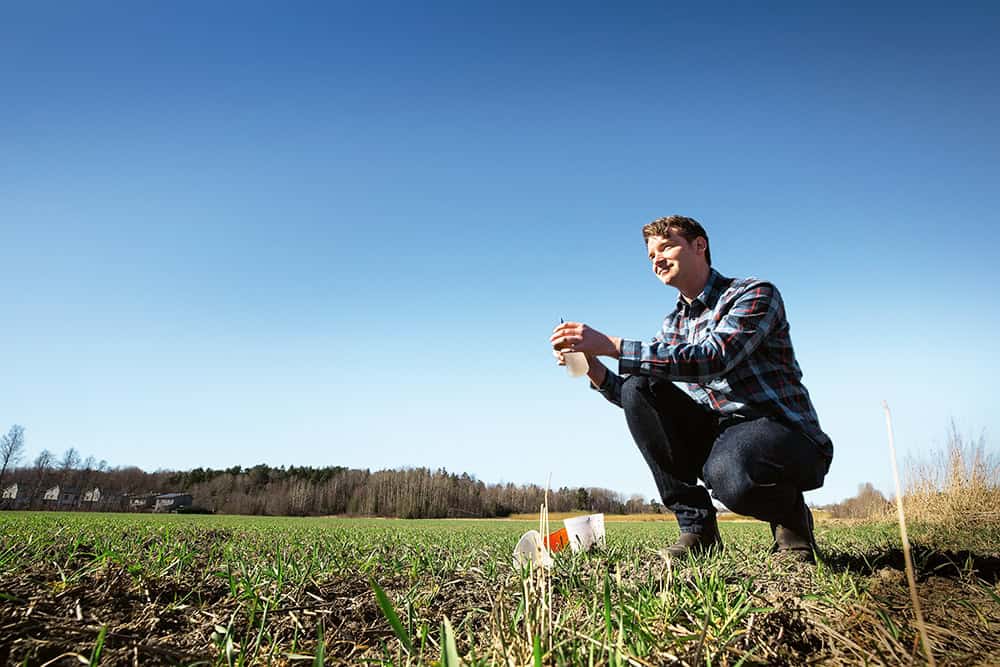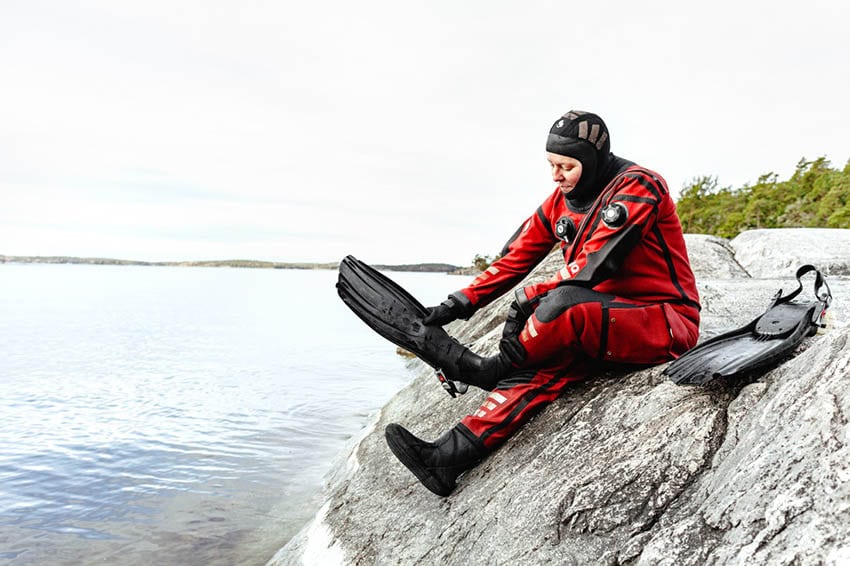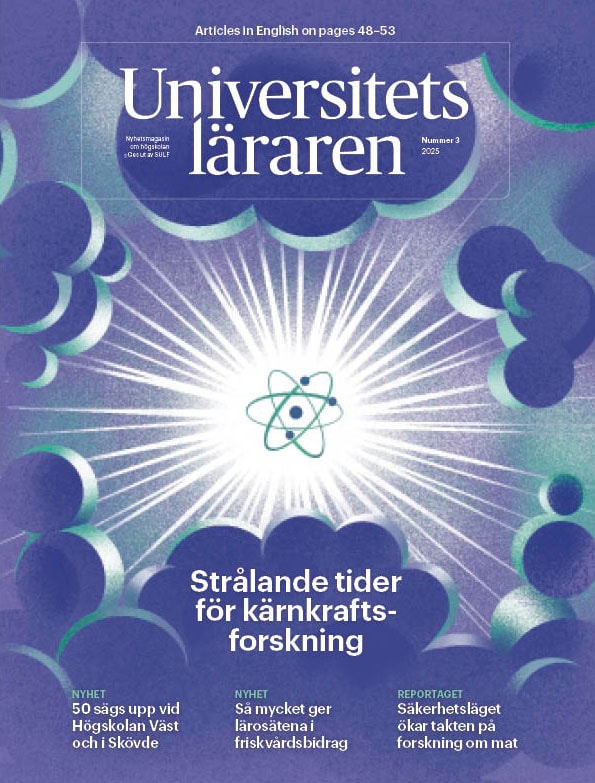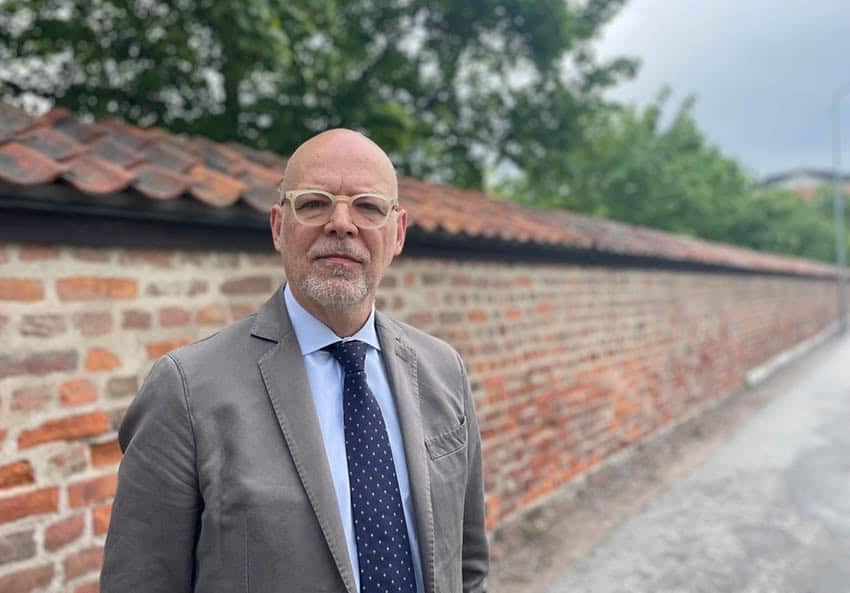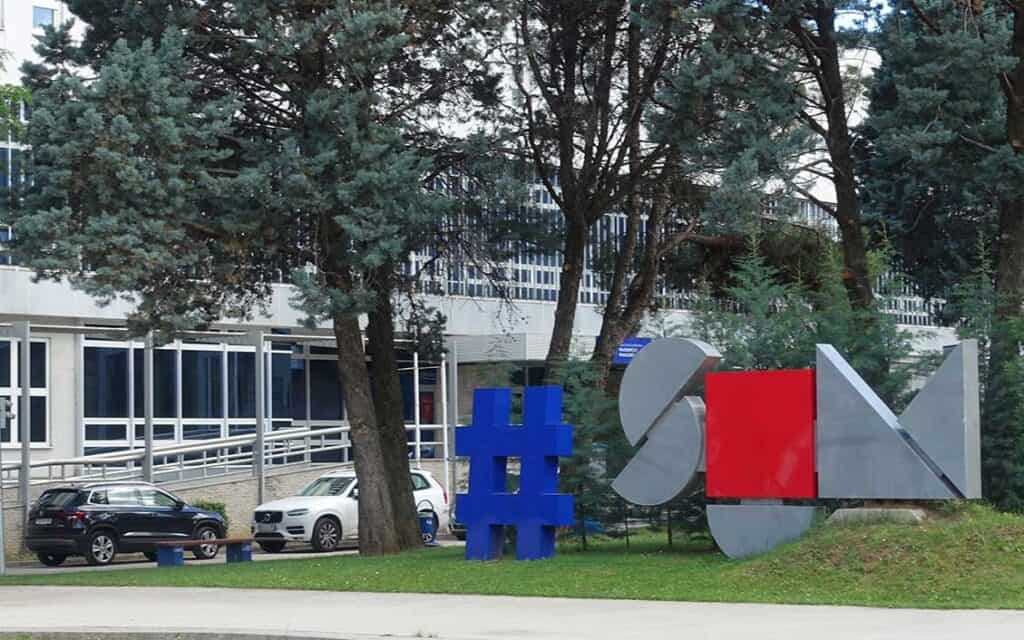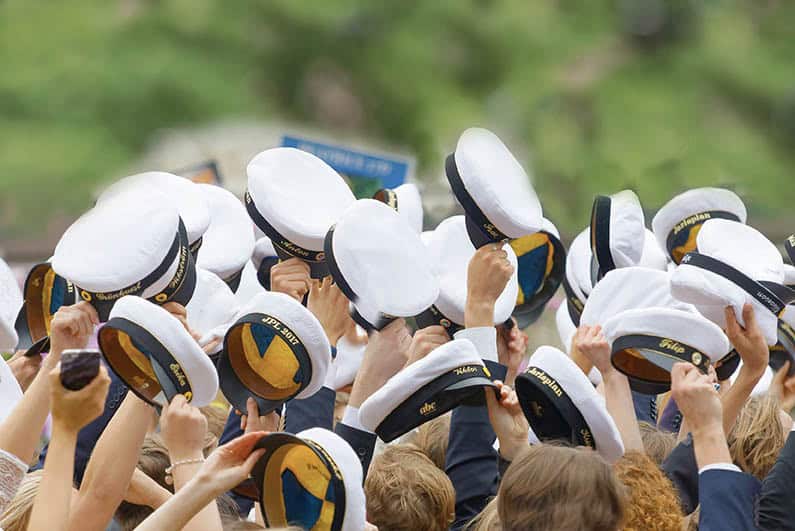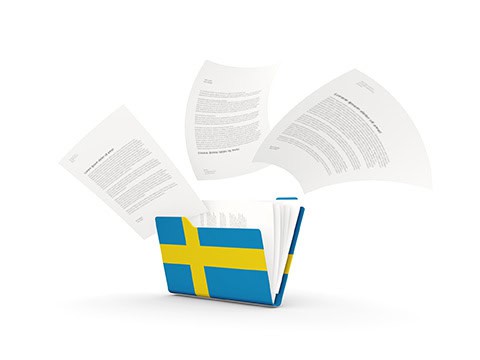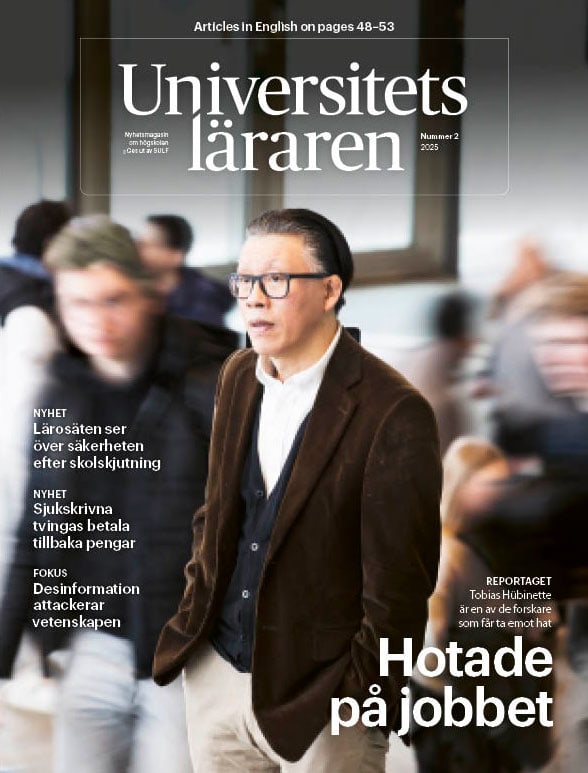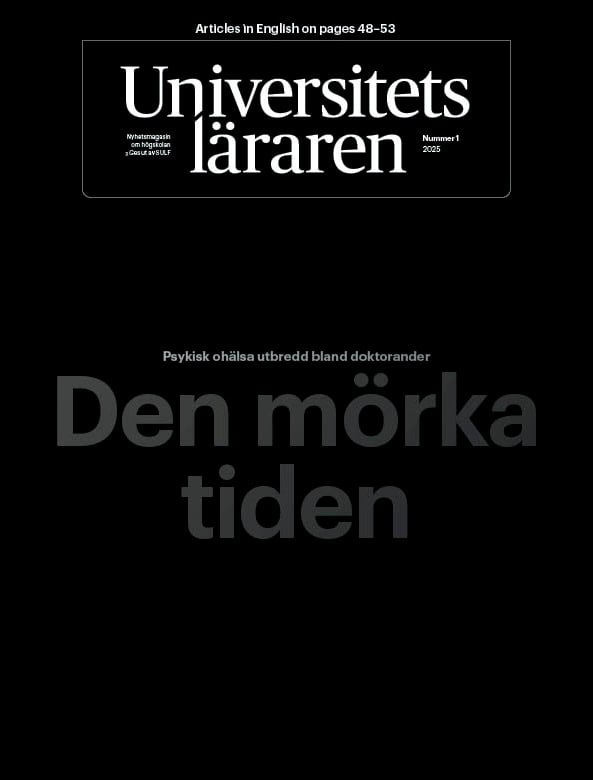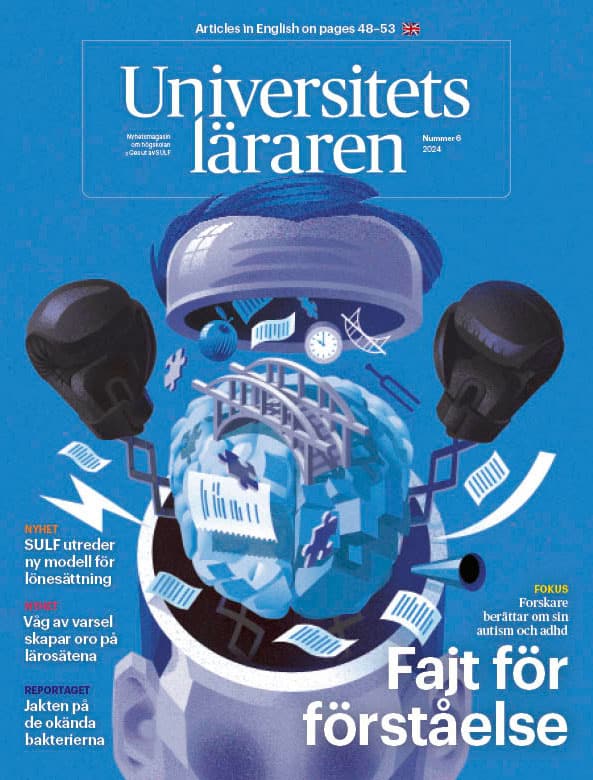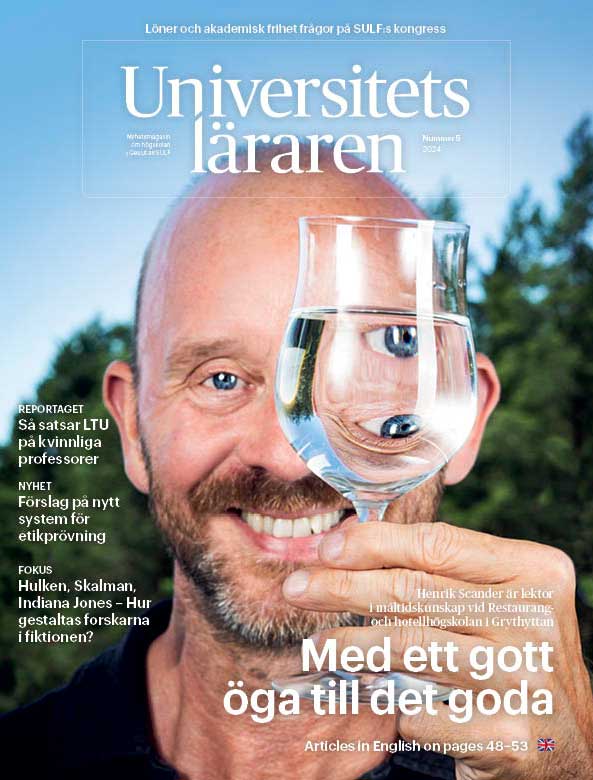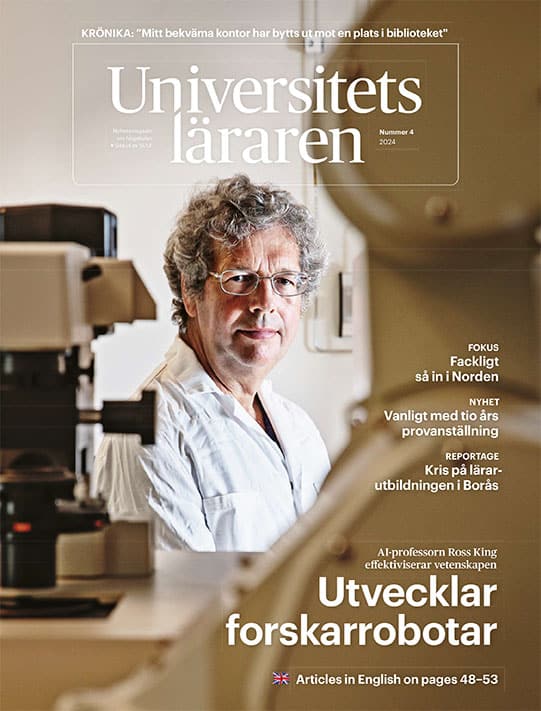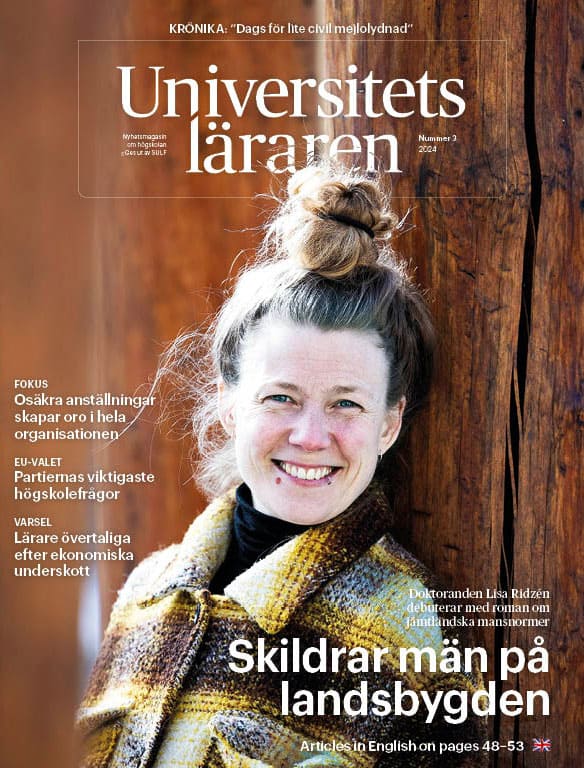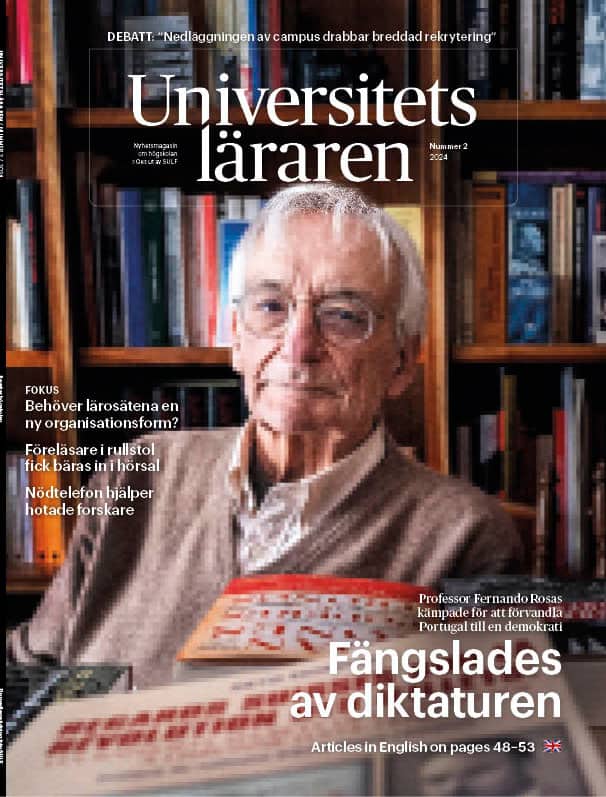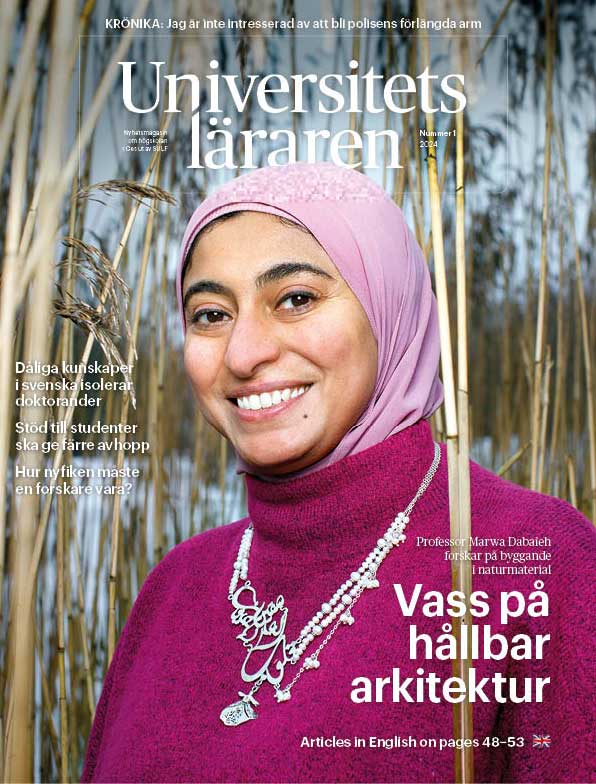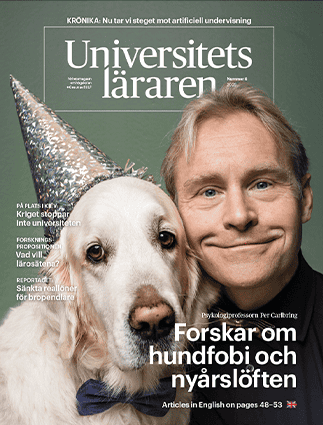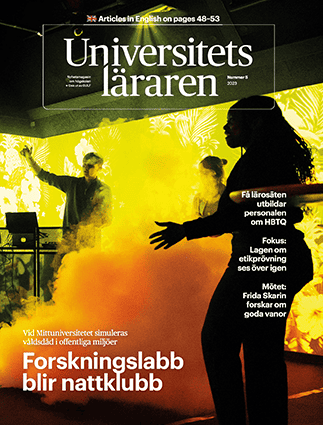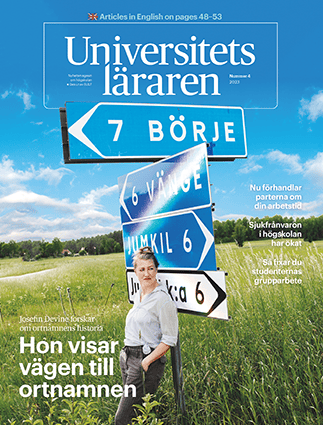State fundings’ ”detours” via external research councils are a fundamental problem within Swedish research, writes SULF.
“At some point, we need to break the trend towards more and more dependence on external funding for research. Every government, left or right, says that it wants to do it, but it doesn’t happen,” says Karin Åmossa, Head of Policy and International Affairs at SULF. Instead, an increasing proportion of funding goes to the research councils, which can decide more and more about what areas research should be conducted in, she believes.
For education, the problem is that the compensation amounts per student are being eroded due to the government’s efficiency requirements. SULF therefore wants to see increased funding for research and higher education, and that these are coordinated. Alternatively, a redistribution of funding is required so that research councils get a smaller share and universities a larger share, SULF writes in its referral response.
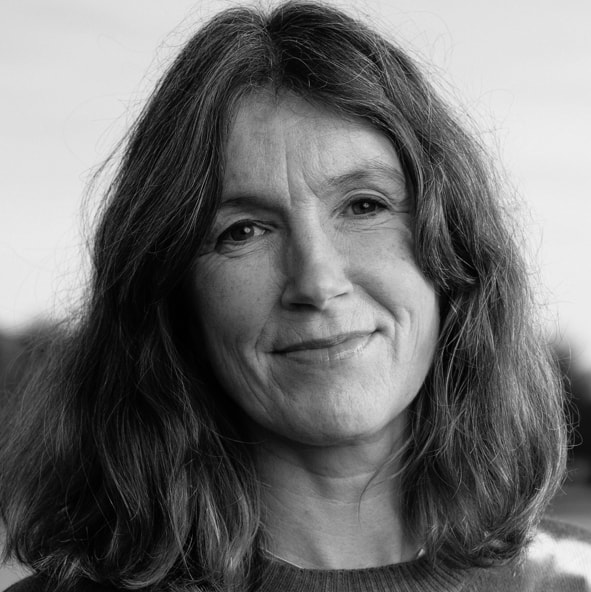
Karin Åmossa
Head of Policy and International Affairs, SULF
In addition to better financial conditions, SULF also wants to see the upcoming Bill provide conditions for creating secure employment and good working environments. “Increasing basic funding is not the only thing you can do,” says Åmossa. “But it improves the scope for long-term planning at higher education institutions. It also creates better conditions for ensuring that research takes place within the framework of employment.”
“Increasing basic funding is not the only thing you can do. But it improves the scope for long-term planning at higher education institutions. It also creates better conditions for ensuring that research takes place within the framework of employment.”
Karin Åmossa
This would also improve gender equality within academia, she believes. “We know that more women leave the higher education sector because of poor working environments. They don’t want to be there, which probably means that we lose talented academics.”
Like the higher education institutions, SULF has constitutional protection for academic freedom high on its wish list for the Bill. The fact that only the freedom of research is protected by law means the current legal protection only does half the job, says Åmossa. “The Higher Education Act was improved by requiring higher education institutions to promote and safeguard academic freedom in all their activities, which actually includes higher education. But there is no obligation on the part of the state.”
She sees worrying political developments in Europe, which make such protection necessary. “We cannot have fair weather governance with a constitution that works when everything is okay and the sun is shining. The legislation needs to be there to provide protection.”
Research funders want billions
In a joint statement, the Swedish Energy Agency, Formas, Forte, the Swedish National Space Agency, the Swedish Research Council and Vinnova write that the research funders’ budget needs to increase by SEK 9.7 billion by 2028.
They want to see measures to make it easier for universities to attract and retain researchers. The funders also write that there is a need for:
- increased collaboration between society and researchers.
- a transition to an open science system.
- a support system for applications, follow-up and evaluation of state-funded research.

